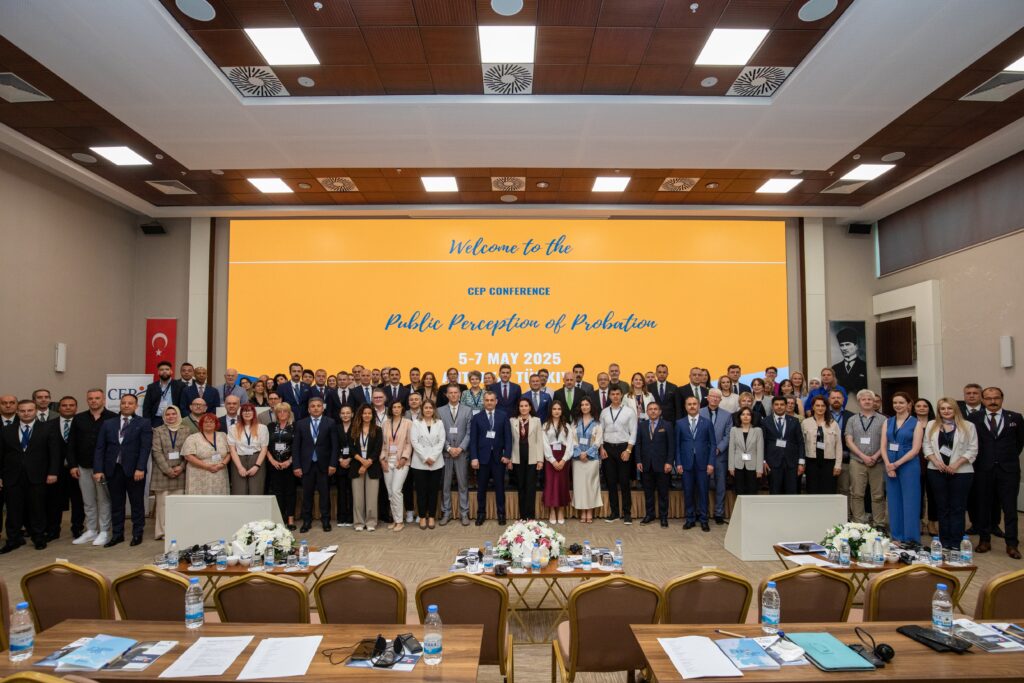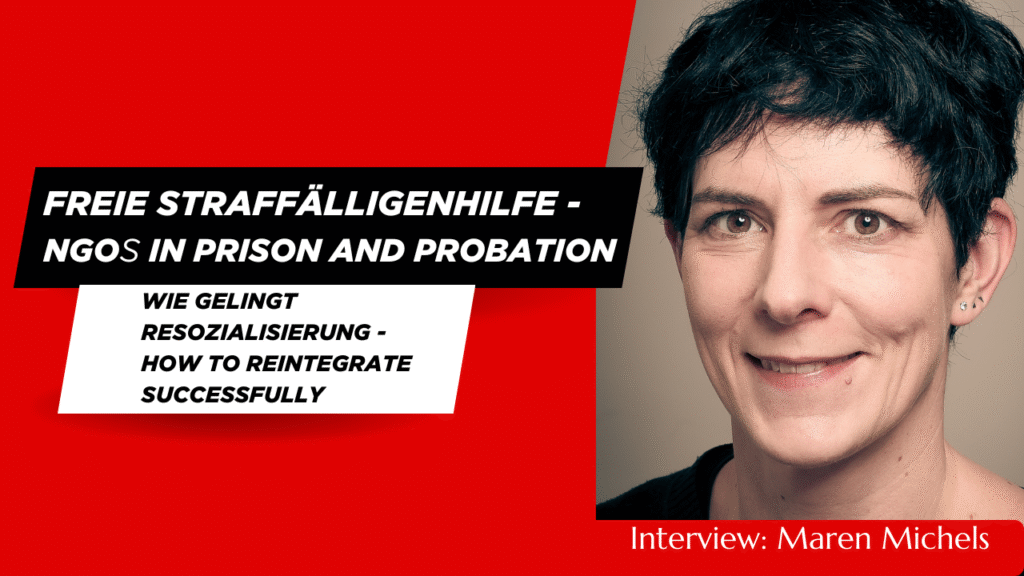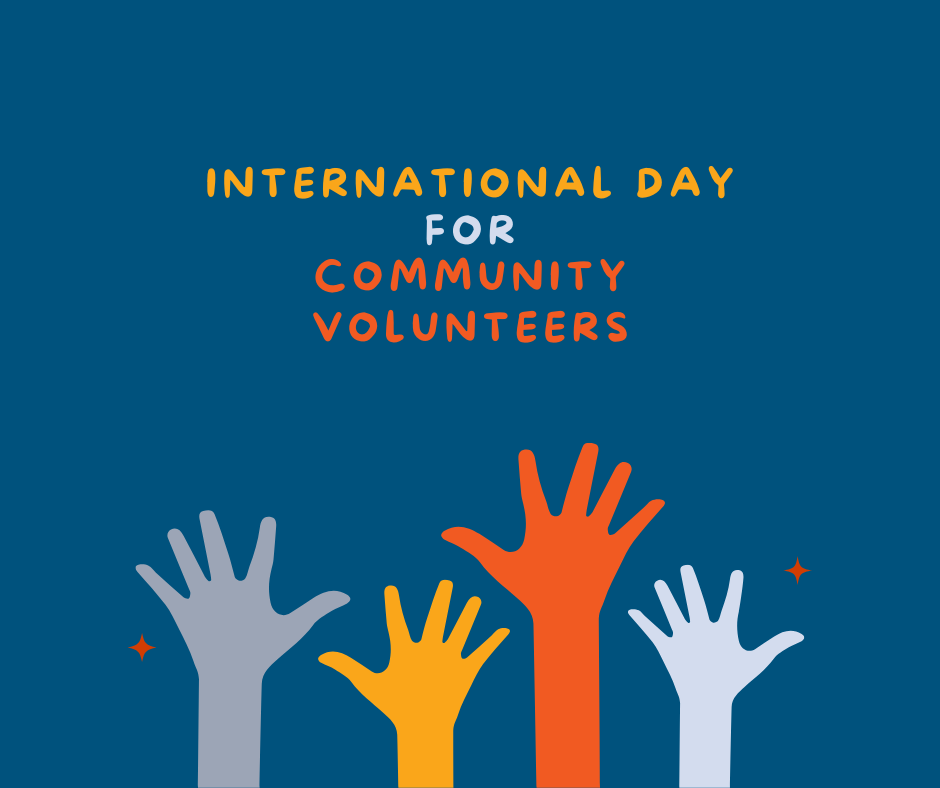Previous Article
News
The European Network for the work with Perpetrators (WWP EN)
European networks: effort to ensure Guidelines for working with Perpetrators during the COVID 19 crisis
WWP EN
WWP EN is an association of 64 members from 32 countries in Europe. Members are prevalently perpetrator programs but range from national networks to women support services and researchers. Over the past 10 years WWP EN has developed networking strategies, standards for the work with perpetrators, research to enable evaluation and quality of programs, training, expert papers, guidelines on various topics and exchange of good practice throughout Europe and internationally.
We know that the lock down and the subsequent crisis have created risk factors for the escalation of domestic violence: forced cohabitation, increased family caring work load, increased child caring activities due to school shut downs, economic crisis, unemployment, uncertainty, fear for the future and anxiety.
Domestic violence has increased
Although data is still limited, there seem to be indications showing that during lock down and immediately after, domestic violence has increased. French interior Minister Christophe Castaner declared an increase of 30% of domestic violence, Cyprus declared an increase in the police reports, Turkey, Italy, Brazil and Crete reported an increase of victim’s calls to hotlines (between 18 and 43% increase).
As a Network for the Work with Perpetrators we struggled immediately with difficult questions: can we, should we and how do we reach out to perpetrators to minimize the impact of violence on women and children? To assess and plan forward we started by asking 4 major questions:
- What are victim’s assessment of the situation and do they feel more or less safe if we continue to reach out to their partners?
- How can perpetrator programs prepare for lock down and what do they need?
- How can perpetrator programs reach out in a safe way?
- Can perpetrator programs continue with the same kind of intervention in these specific circumstances and if programs go on-line?
To answer these questions, we started working with some of our members that conducted a small sample questionnaire to partners of men in the programs. The women said that they were concerned for the crisis and instability, reported increased psychological violence and showed relief at the idea that the perpetrator programs would continue even if on an on-line basis. In post lock down follow-up partners confirmed how important the support for abusers had been in making the men more accountable for their violence.
Another key concern, in the initial phase of the COVID 19 crisis, was that of supporting preparation for lock down for programs in countries still in the initial phases of the Pandemic, ensuring that programs reached out in a safe way. Programs needed an action plan to identify their goals and objectives to enable them to assess and respond to situations that were at risk, or could escalate during lock down.
Last but not least, was providing indications on the kind of intervention to deliver in such circumstances. Since the common goals of intervention in these potentially dangerous situations was that of reducing risk, decreasing perpetrators levels of stress, increasing their coping abilities and mitigating the effect of violence on family members the most logical intervention recommendation focused on providing support using a “crisis management” approach.
The complete document and indication was set forth in the document “Ensuring responsible perpetrator work during the COVID 19 pandemic”. For more information check out here.
On-line conference
We also held an on-line conference, to find out more about our efforts and contribution to this you can check out here.
Beyond its response to COVID-19, WWP EN has also continued its work in strengthening links with the prison and probation sector. WWP EN’s virtual annual conference “Prison, Probation & Perpetrator Programs – Collaboration for Change” will look at the specific challenges of delivering perpetrator programs within the criminal justice context and good practice examples in addressing these. It will also discuss the benefits of a close cooperation between prison and probation services and community-based organisations. Prison and probation services across Europe are warmly invited to participate in the conference. Registration is now open.
So what have we learned and how do we move forward? It is important to focus on the fact that the COVID 19 crisis is not over and consequently this window of time in which we have the possibility of partially resuming many of the normal activities should be used to:
- Prepare for further lock down: what do we need to have in place to respond to future crisis?
- Reflect on what to do with on line counselling and group work
- Protocols for victim safety: collaboration with law enforcement, social services and women’s support services
- Do we want to change something of our old way of working?
- Do we need to change something of our old way of working?
It is important that we take some time to try and answer these questions at the same time dedicating some energy to understanding how this experience has affected our identities and our perpetrator programs.
Berlin, 17 July 2020, Alessandra Pauncz, Executive Director WWP EN

Related News
Keep up to date with the latest developments, stories, and updates on probation from across Europe and beyond. Find relevant news and insights shaping the field today.
Recap

CEP Events, Communication and Awareness-Raising
Recap: Conference on Public Perception of Probation
06/05/2025
From 6 to 7 May, the CEP Conference on the Public Perception of Probation in Europe took place in Antalya, Türkiye, bringing together over 100 participants from more than 20 countries. The event offered space for open discussion, exchange of experiences, and practical ideas on how probation is seen and supported across Europe.
New

Probation in Europe
New Interview Online with Felix Gerike, a survivor of a knife attack
01/05/2025
What do victims of violent crime need to recover—and what can be done to prevent such attacks?
In the latest episode of Division_Y, Jo Tein, CEP board member, speaks with Felix Gerike, a survivor of the 2023 Brokstedt knife attack in Germany. Felix played a crucial role in disarming the attacker, helping to prevent further harm. He shares his personal experience, reflections on victim support, and his views on justice and policy responses to violent crime.
Probation in Europe
New Executive Summaries for the report on Building Probation Capacity in Spanish and Italian
01/05/2025
Updated

CEP Board, Probation in Europe
New Interview Online: Maren Michels – The Role of NGOs in Probation
22/04/2025
In the newest Division_Y interview, Maren Michels, director of the Hamburg Welfare Association, shares her experiences and reflects on the vital role that NGOs play in supporting people during and after incarceration.
New

CEP Events
Want to Win a CEP Award? See How Finland Did It – Apply for 2025!
22/04/2025
We’re excited to share an exclusive interview with the winners of the Development of National Probation Services Award from the CEP Awards 2022:
The Prison and Probation Service of Finland.
New

Volunteers
International Day for Community Volunteers
17/04/2025
17 April – International Day for Community Volunteers!
Today, we celebrate the inaugural International Day for Community Volunteers Supporting Offender Reintegration—a day dedicated to acknowledging the vital contributions of volunteers who assist individuals in their journey back into society.
This initiative was launched during the 2nd World Congress for Community Volunteers, held alongside the 6th World Congress on Parole and Probation in The Hague (16–18 April 2024).
At CEP, we’re proud to support the official Declaration on the International Day for Community Volunteers. We’re also actively involved in the CoPPer project—a European initiative aimed at promoting community participation in probation services. CoPPer focuses on training volunteers to support individuals under supervision, helping them access education, employment, and community connections.
A heartfelt thank you to all the community volunteers out there—your dedication makes a real difference.
Subscribe to our bi-monthly email newsletter!
"*" indicates required fields
- Keep up to date with important probation developments and insights.

